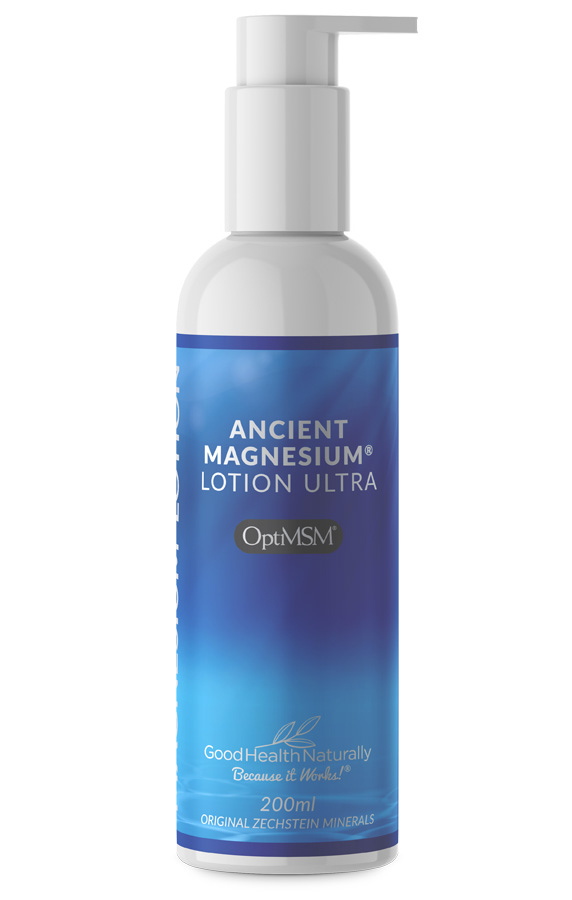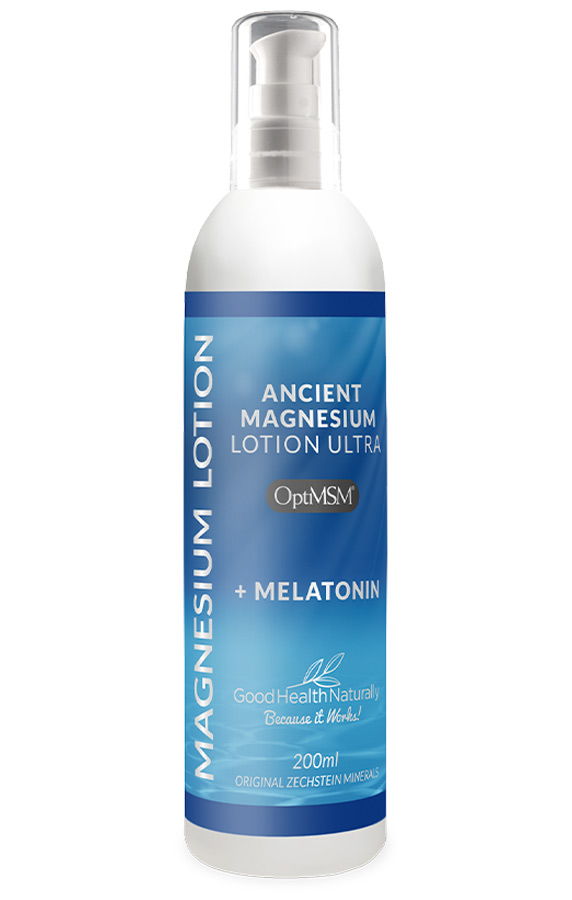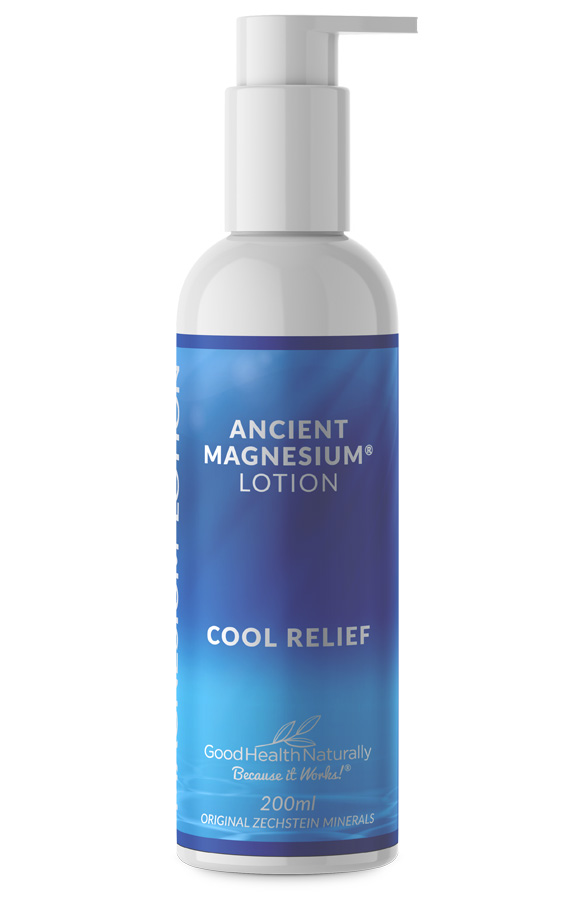In this article, we’ll explore the science behind magnesium for stress relief, discuss the benefits of transdermal magnesium, and look at traditional remedies like magnesium bath flakes for relaxation.
The Role of Magnesium in Stress Management
Magnesium is involved in over 300 biochemical reactions in the body, many of which are directly tied to how we handle stress. One of its primary roles is regulating the nervous system, helping to keep stress hormones like cortisol in check. When magnesium levels are optimal, the body is better equipped to handle the physiological and psychological effects of stress.
A study published in the Journal of the American College of Nutrition found that individuals with low magnesium levels were more likely to experience anxiety and increased stress. Conversely, supplementing with magnesium helped reduce these symptoms significantly. This highlights the importance of maintaining adequate magnesium levels to support mental and emotional well-being.
How Magnesium Affects the Body During Stress
When stressed, our bodies enter a fight-or-flight mode, releasing adrenaline and cortisol to help us respond to perceived threats. However, chronic stress leads to a constant release of these hormones, which can deplete magnesium stores. This depletion creates a vicious cycle: low magnesium levels make it harder for the body to return to a relaxed state, perpetuating feelings of anxiety and tension.
Research from the Journal of Anxiety and Stress found that magnesium supplementation improved resilience to stress by calming the central nervous system and supporting the production of gamma-aminobutyric acid (GABA). This neurotransmitter promotes relaxation and reduces feelings of fear and anxiety.
Transdermal Magnesium: An Effective Way to Absorb Magnesium
While oral magnesium supplements are common, transdermal magnesium—applied through the skin—has gained popularity for its effectiveness and ease of use. Transdermal magnesium bypasses the digestive system, allowing for direct absorption into the bloodstream, which can be particularly beneficial for individuals with digestive issues that hinder nutrient absorption.
One study published in Magnesium Research found that transdermal magnesium application significantly increased magnesium levels in participants after 12 weeks of use. It also showed a marked improvement in symptoms of stress and fatigue compared to a placebo group. This suggests that applying magnesium directly to the skin could be a highly efficient method for boosting magnesium levels and supporting stress relief.
The Benefits of Magnesium Bath Flakes for Stress Relief
A relaxing bath with magnesium bath flakes (magnesium chloride) is an age-old remedy for reducing stress and soothing tired muscles. Magnesium bath flakes allow the body to absorb magnesium transdermally, and the warm water enhances circulation, further supporting relaxation.
Magnesium chloride is especially potent in this form because it is highly absorbable. When dissolved in a bath, magnesium bath flakes can help ease muscle tension, calm the mind, and promote better sleep. According to a study in The European Journal of Nutrition, magnesium bath flakes were shown to improve magnesium levels more effectively than oral supplements, particularly in individuals who suffered from low magnesium levels due to chronic stress.
How Magnesium Supports Sleep During Stressful Times
One of the most frustrating side effects of stress is poor sleep. Stress triggers the release of cortisol, which keeps us alert and disrupts the natural sleep-wake cycle. Magnesium, however, helps the body relax by regulating melatonin production, the hormone responsible for sleep.
A clinical trial published in the Journal of Research in Medical Sciences found that magnesium supplementation improved sleep quality in individuals with insomnia due to stress. The study showed magnesium helped participants fall asleep faster, stay asleep longer, and experience fewer nighttime awakenings.
The Benefits of Combining Magnesium with Other Relaxation Techniques
While magnesium alone offers impressive benefits for stress relief, combining it with other relaxation techniques can enhance its effects. Consider incorporating these practices alongside magnesium for optimal stress management:
- Deep Breathing: Engaging in slow, deep breathing activates the parasympathetic nervous system, helping to calm the mind and reduce the body’s stress response.
- Meditation: Practicing mindfulness or meditation can significantly lower cortisol levels, and pairing this with magnesium supplementation can further enhance feelings of relaxation.
- Physical Activity: Exercise helps reduce stress hormones and improve mood. Post-workout, a magnesium-rich bath can soothe sore muscles and provide additional stress relief.
Who Can Benefit from Magnesium for Stress Relief?
Almost everyone can benefit from magnesium, but it’s especially crucial for people who:
- Experience chronic stress or anxiety
- Have difficulty sleeping
- Suffer from tension headaches or migraines
- Deal with muscle cramps or fatigue
- Have digestive issues that affect nutrient absorption
For those with a demanding lifestyle, athletes, or individuals recovering from illness, ensuring adequate magnesium intake is vital for managing stress and supporting overall health.
Conclusion: Embrace the Power of Magnesium for Stress Relief
Magnesium is a powerful, natural ally in the fight against stress. Whether taken orally or absorbed through the skin via transdermal application, magnesium helps regulate stress hormones, supports better sleep, and promotes overall relaxation.
Traditional remedies like magnesium bath flakes offer a soothing and effective way to boost magnesium levels, providing relief from the physical and emotional tolls of stress. By incorporating magnesium into your daily routine—whether through supplements, transdermal applications, or a calming bath—you can unlock its full potential for promoting calm and balance.







